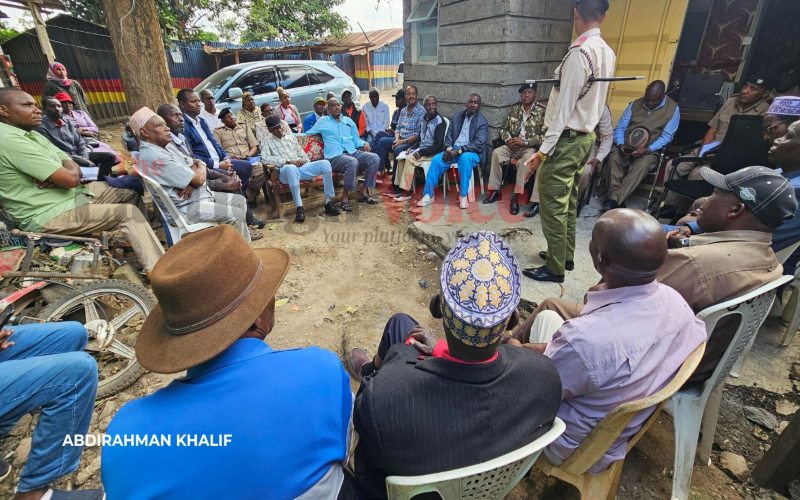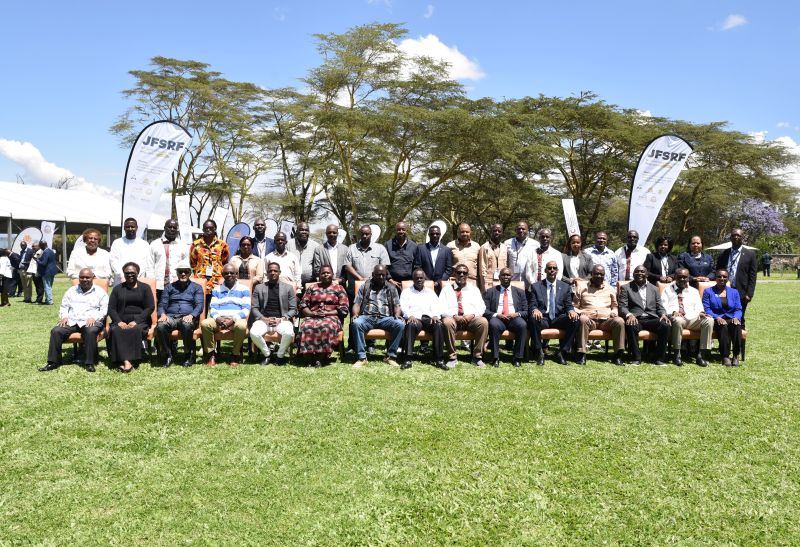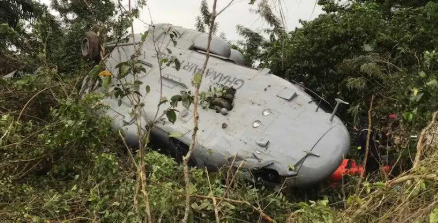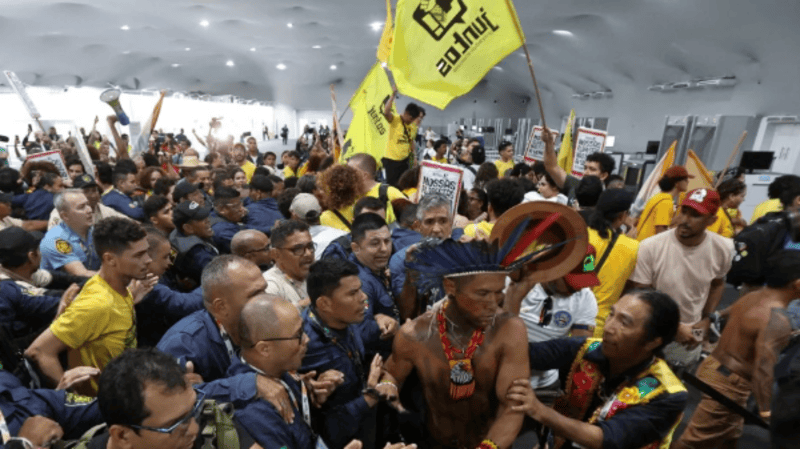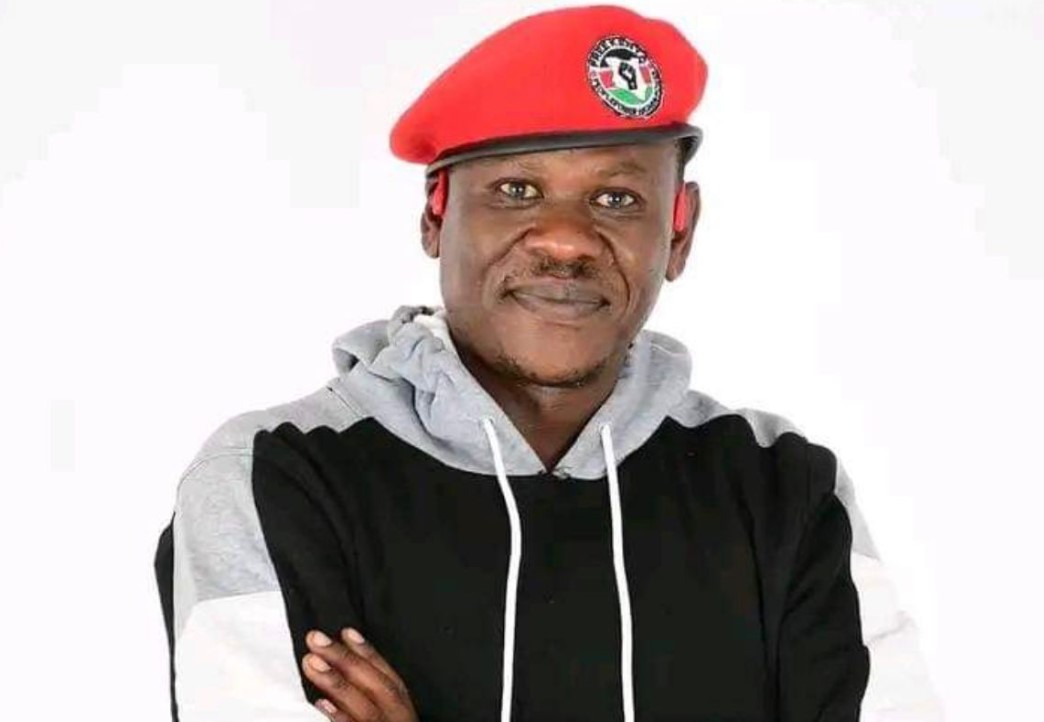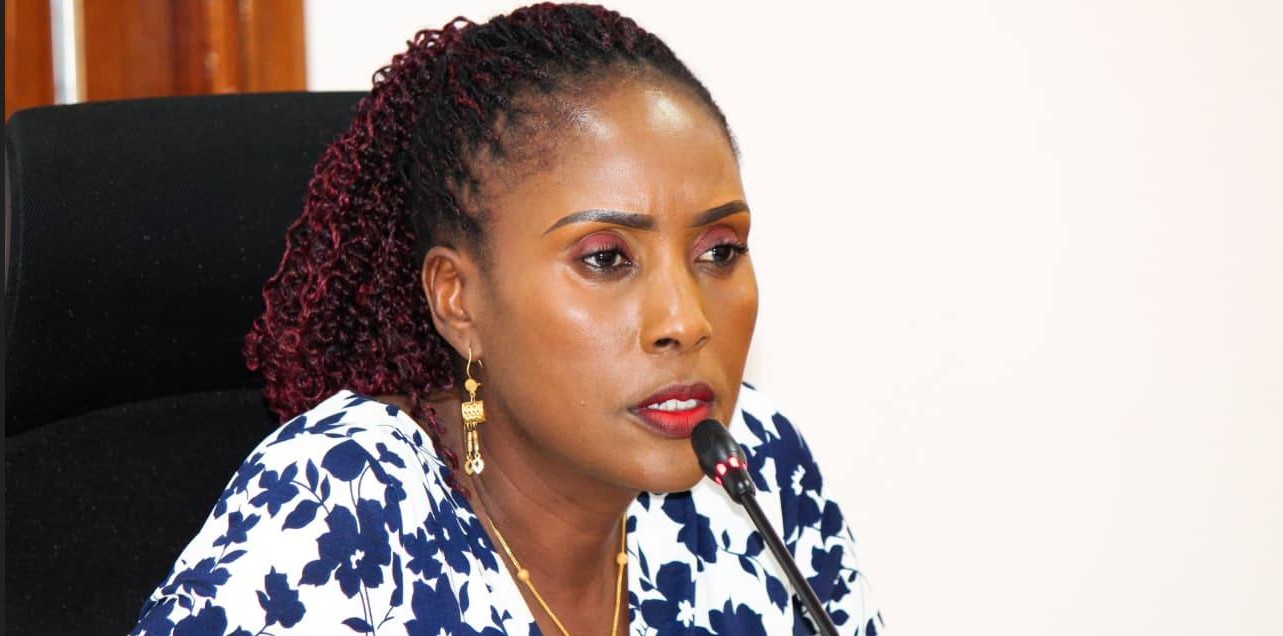South Sudan halts civil servants' pay over dwindling oil revenue

He explained that non-oil tax collections, currently at SSP25–30 billion per month, fell short of covering the monthly payroll of approximately SSP85 billion.
South Sudan's Finance Minister, Awou Daniel Chuang, informed parliament on Tuesday that the government had halted payments to civil servants and organised forces due to a substantial drop in oil revenue.
The last salary payment was made in October of last year.
More To Read
- MSF resumes critical medical activities in South Sudan's Yei County
- 75 killed in South Sudan conflict since February
- IMF urges African oil exporters' reforms to boost 'subdued' regional growth
- President Salva Kiir sacks South Sudan's finance minister
- South Sudan MPs urge suspension of infrastructure projects to pay civil servants
Oil revenue has dropped partly due to the ongoing conflict in neighbouring Sudan, which has disrupted transportation routes, hindering South Sudan's economic recovery, a situation compounded by corruption.
Further, the oil revenue has been allocated to road projects.
Chuang told the parliamentarians that "oil exports, the main source of income, have decreased by 70 per cent."
He explained that non-oil tax collections, currently at SSP25–30 billion per month, fell short of covering the monthly payroll of approximately SSP85 billion.
Chuang emphasised the need for enhanced efficiency within the National Revenue Authority (NRA) to bolster non-oil revenue collection, expressing optimism that it could double with improved processes.
He also outlined plans to diversify the economy through investments in agriculture, livestock, and fisheries, and assured that payments would resume as soon as possible.
Twic East Member of Parliament David De Dau raised concerns about the government's financial challenges, questioning if they signalled a potential collapse.
Chuang's remarks coincided with a notable depreciation of the South Sudanese pound (SSP) against foreign currencies, with black market traders reporting exchange rates of US$1 for SSP3,450.
Top Stories Today


